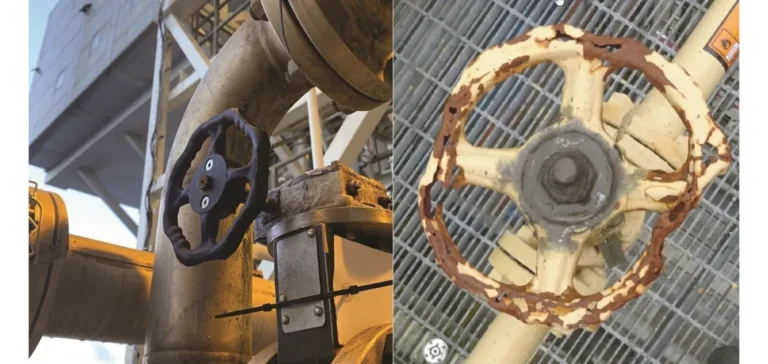Assembrix Ltd., HP, Sparely, and Korall Engineering AS completed a series of additive manufacturing (AM) operations across multiple international sites to produce certified spare parts for the oil and gas sector. This initiative marks a breakthrough in secure on-demand production, enabling the local fabrication of critical components while ensuring traceability, data protection, and part integrity.
Secure manufacturing integrated on a global scale
The parts were produced using HP’s Multi Jet Fusion (MJF) technology, combined with Assembrix’s secure software platform, which ensures encryption and real-time monitoring of each operation. Among the manufactured components were polymer valve handwheels, designed by Korall Engineering for manual operation on ships and offshore platforms. The process has been validated with HP 3D High Reusability PA12 materials, currently undergoing certification with DNV for offshore environments.
The solution allows for identical parts to be produced across different sites without compromising integrity. According to project leaders, this integrated infrastructure demonstrates that distributed manufacturing can achieve industrial scale with full repeatability and intellectual property protection guarantees.
An economic response to operational continuity challenges
In a sector where every hour of downtime can result in major financial losses, the ability to locally produce critical parts significantly reduces delivery times, logistics costs, and storage needs. This digital solution enables fast access to certified parts without relying on traditional supply chains.
By connecting design, certification, and production within a secure global network, the distributed production model enhances the agility of oil and gas operators. It also allows better control of flows and inventory, significantly reducing capital lock-in.
Toward a new industrial standard in energy
The four partner companies aim to set an industrial benchmark by connecting secure additive manufacturing to a global production network. The partnership illustrates the transition of 3D printing from a localised process to an integrated industrial infrastructure ready to serve the energy sector’s demands.
This successful test series positions distributed additive manufacturing as a viable, secure, and operational solution for producing essential components. It meets the growing needs for reliability, speed, and security in the demanding technical environments of the oil and gas industry.






















